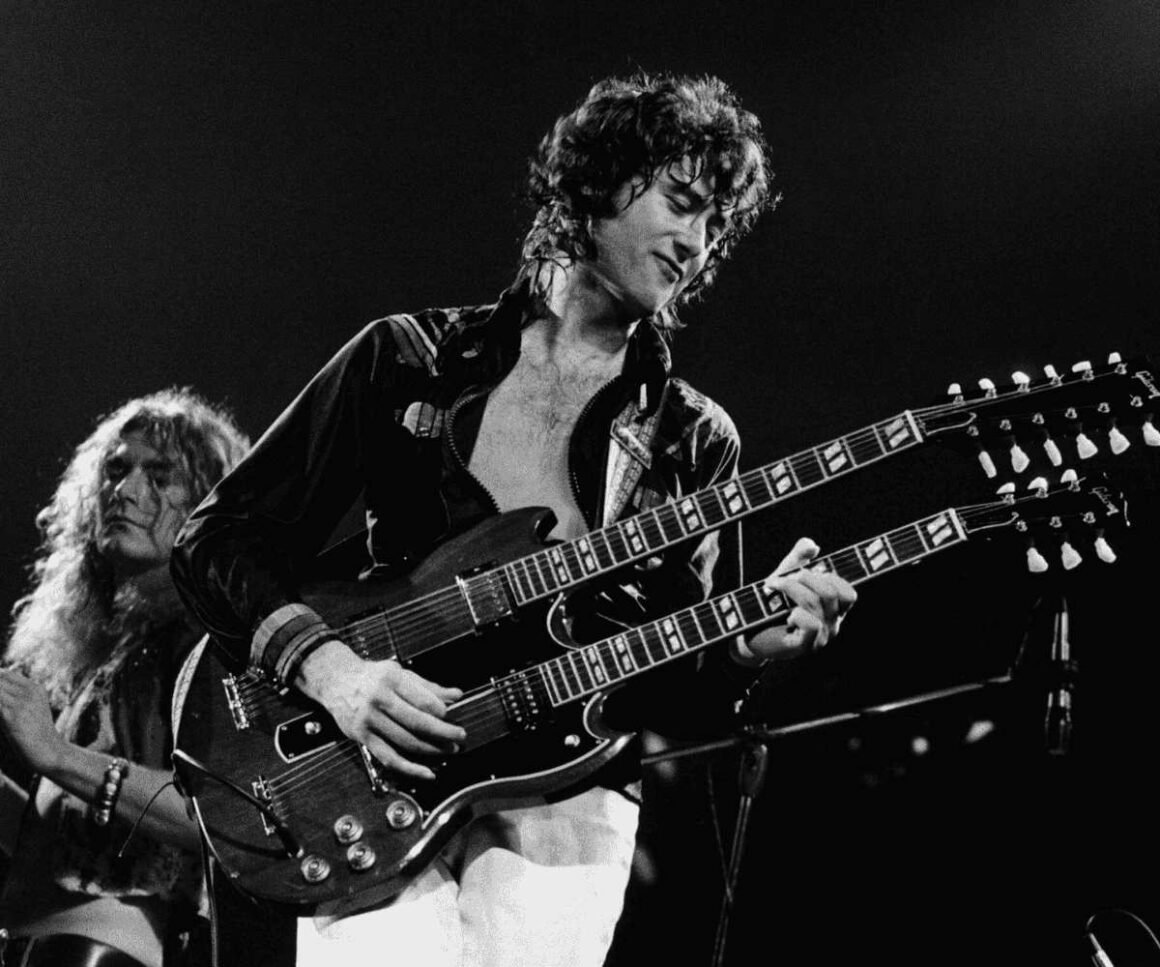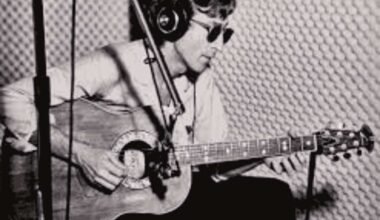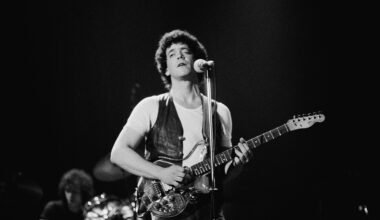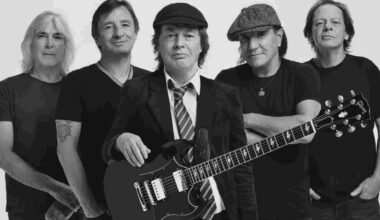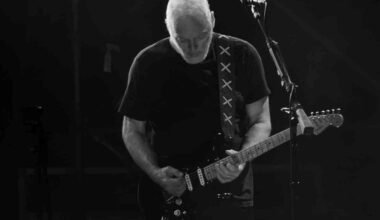Few guitarists in history have received as much acclaim as Jimmy Page. The curly-haired mastermind behind Led Zeppelin has been praised by peers ranging from Ritchie Blackmore, who declared him “way ahead of most guitar players,” to Alex Lifeson, who admired “everything he represented.” Even the notoriously critical Keith Richards once acknowledged Page as a “brilliant player.”
Most musicians hail Page for the decadent originality he brought to the guitar. Though critics like Richards and Pete Townshend dismissed Led Zeppelin as overly heavy, many others saw the band as an unstoppable force—a paradoxical mix of weight and flight. Page’s orchestral approach to guitar playing turned Johann Sebastian Bach-inspired flourishes into heavy metal riffs, ushering in a new era for rock ‘n’ roll as the idealism of the 1960s began to fade.
This innovation made Page a beacon for the next wave of rockers, including Paul Stanley of Kiss. “Jimmy Page, to me, is the consummate guitarist. He’s Beethoven. He paints with music in a way that’s just so stellar,” Stanley once said. Page’s influence helped shape the sound we now call classic rock, blending artistry and audacity to redefine music.
A New Challenger
As musical evolution dictates, the next generation sought to build upon the foundation laid by Page and his contemporaries. Enter Eddie Van Halen, whose seismic debut in 1978 rewrote the rules of guitar playing. His hammer-on techniques and blistering solos instantly set him apart as a virtuoso, leaving audiences and fellow musicians alike in awe.
Even Page, known for his impeccable feel and creativity, recognized Van Halen’s groundbreaking proficiency. “I can’t do that,” Page admitted to Guitar Show. “They’re stretching the horizons and everything. Eddie Van Halen has got an amazing technique with all this sort of hammering on and everything.”
Van Halen’s second album, Van Halen II, seemed to echo Led Zeppelin’s iconic naming convention, leading many to assume Eddie was a devoted fan. While he admired Page’s studio work, his opinion of Page’s live performances was less flattering.
A Divisive Critique
Van Halen cited songs like “Whole Lotta Love” among his favorites and even admitted to borrowing his famous tapping technique from Zeppelin’s “Heartbreaker.” However, he was openly critical of Page’s live performances. “I never saw him play well live. He’s very sloppy,” Van Halen once said. He harshly added, “He plays like he’s got a broken hand and he’s two years old. But if you put out a good album and play like a two-year-old live, what’s the purpose?”
This critique resonated during the 1980s, a decade when live performances became the ultimate proving ground for rock bands. Studio technology had advanced to the point where recordings could be manipulated to perfection, but fans craved raw, unfiltered talent on stage. Eddie Van Halen delivered exactly that. His live shows were an electrifying display of energy and skill, redefining what it meant to be a guitar hero in the modern era.
The Legacy Divide
Ironically, the backlash against overly polished studio music led to a reversal of perspectives. While Eddie Van Halen’s live prowess set new standards, some classic rock icons, including Robert Plant, expressed discomfort with the direction heavy metal had taken. Plant once said he felt “embarrassed” to have inspired the genre’s theatrical excesses, while Page, though impressed by modern proficiency, maintained that few could match the elegance of Django Reinhardt.
Ultimately, the contrasting legacies of Jimmy Page and Eddie Van Halen highlight the evolution of rock guitar. Page’s artistry laid the groundwork for a new generation, while Van Halen’s innovation pushed technical boundaries. Together, they represent two sides of the same coin: one rooted in feel and imagination, the other in speed and precision. Both are undeniable giants in their own right.

